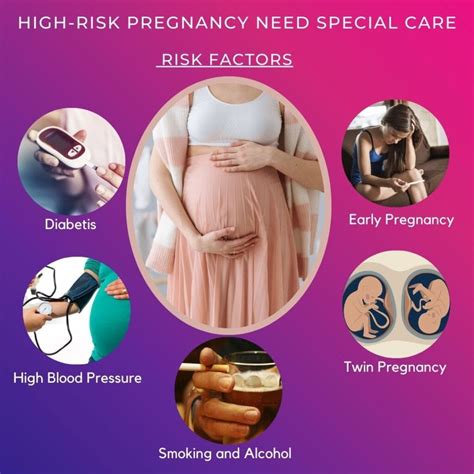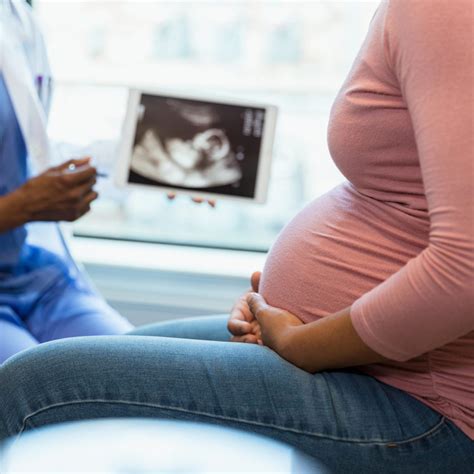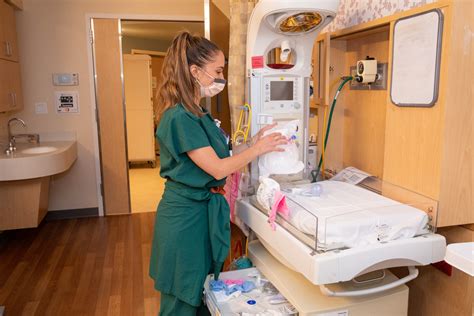Intro
Discover the risks and challenges of pregnancy after 35, considered geriatric age, and learn about advanced maternal age, fertility, and health complications, including prenatal care and pregnancy planning for a healthy outcome.
As women age, their reproductive health and fertility undergo significant changes. While many women today are choosing to delay pregnancy until their 30s and 40s, it's essential to understand the risks and challenges associated with pregnancy after 35, often referred to as geriatric age in the medical community. This age group is characterized by a decline in fertility, increased risk of pregnancy complications, and a higher likelihood of chromosomal abnormalities in the baby. In this article, we will delve into the world of pregnancy after 35, exploring the benefits, risks, and essential considerations for women who are planning to conceive or are already pregnant at this stage in their lives.
The decision to delay pregnancy until after 35 can be influenced by various factors, including career goals, financial stability, and personal circumstances. However, it's crucial for women to be aware of the potential risks and complications that can arise during pregnancy at this age. As women get older, their eggs undergo natural aging, which can lead to a decrease in fertility and an increased risk of miscarriage, stillbirth, and chromosomal abnormalities such as Down syndrome. Furthermore, pregnancy after 35 can also increase the risk of gestational diabetes, hypertension, and placenta previa, which can have serious consequences for both the mother and the baby.
The importance of understanding the risks and challenges associated with pregnancy after 35 cannot be overstated. Women who are planning to conceive at this age should consult their healthcare provider to discuss their individual risks and develop a personalized plan to minimize potential complications. This may involve genetic counseling, prenatal testing, and close monitoring throughout the pregnancy. Additionally, women can take steps to optimize their health and fertility, such as maintaining a healthy weight, exercising regularly, and avoiding harmful substances like tobacco and alcohol. By being informed and proactive, women can reduce their risks and increase their chances of a healthy pregnancy and a healthy baby.
Pregnancy Risks and Complications

- Increased risk of chromosomal abnormalities: As women age, their eggs are more likely to have chromosomal abnormalities, which can lead to conditions like Down syndrome.
- Miscarriage and stillbirth: The risk of miscarriage and stillbirth increases with age, with women over 35 being at a higher risk than younger women.
- Gestational diabetes: Women over 35 are at a higher risk of developing gestational diabetes, which can increase the risk of complications during pregnancy and childbirth.
- Hypertension: Pregnancy-induced hypertension is more common in women over 35, which can lead to complications like preeclampsia.
- Placenta previa: Women over 35 are at a higher risk of placenta previa, a condition where the placenta covers the cervix, which can cause bleeding and other complications during pregnancy and childbirth.
Factors that Increase the Risk of Complications
Several factors can increase the risk of complications during pregnancy after 35, including:- Pre-existing medical conditions: Women with pre-existing medical conditions like diabetes, hypertension, or kidney disease are at a higher risk of complications during pregnancy.
- Multiple pregnancies: Women carrying twins or other multiples are at a higher risk of complications during pregnancy and childbirth.
- Previous pregnancy complications: Women who have had previous pregnancy complications, such as miscarriage or stillbirth, are at a higher risk of experiencing similar complications in subsequent pregnancies.
Benefits of Pregnancy After 35

- Emotional readiness: Women who delay pregnancy until after 35 may be more emotionally ready to become mothers, having had time to establish their careers and achieve financial stability.
- Financial stability: Women who delay pregnancy until after 35 may be more financially stable, having had time to establish their careers and build a secure financial foundation.
- Life experience: Women who delay pregnancy until after 35 may have more life experience, having had time to travel, pursue hobbies, and develop a sense of purpose and direction.
Preparing for Pregnancy After 35
Women who are planning to conceive after 35 can take several steps to prepare for a healthy pregnancy and minimize potential complications. Some of the most important considerations include:- Genetic counseling: Women who are planning to conceive after 35 should consider genetic counseling to discuss their individual risks and develop a personalized plan to minimize potential complications.
- Prenatal testing: Women who are pregnant after 35 should undergo prenatal testing to screen for chromosomal abnormalities and other potential complications.
- Lifestyle modifications: Women who are planning to conceive after 35 should make lifestyle modifications, such as maintaining a healthy weight, exercising regularly, and avoiding harmful substances like tobacco and alcohol.
Prenatal Care and Monitoring

- Regular prenatal visits: Women who are pregnant after 35 should attend regular prenatal visits to monitor their health and the health of their baby.
- Ultrasound scans: Women who are pregnant after 35 should undergo regular ultrasound scans to monitor fetal growth and development.
- Blood tests: Women who are pregnant after 35 should undergo regular blood tests to screen for gestational diabetes, hypertension, and other potential complications.
Minimizing the Risk of Complications
Women who are pregnant after 35 can take several steps to minimize the risk of complications, including:- Maintaining a healthy weight: Women who are pregnant after 35 should maintain a healthy weight to reduce the risk of gestational diabetes and other complications.
- Exercising regularly: Women who are pregnant after 35 should exercise regularly to reduce the risk of gestational diabetes and other complications.
- Avoiding harmful substances: Women who are pregnant after 35 should avoid harmful substances like tobacco and alcohol to minimize the risk of complications.
Delivery and Postpartum Care

- Vaginal delivery: Women who are pregnant after 35 may be at a higher risk of complications during vaginal delivery, making it essential to have a comprehensive plan in place.
- Cesarean section: Women who are pregnant after 35 may be at a higher risk of complications during cesarean section, making it essential to have a comprehensive plan in place.
- Postpartum monitoring: Women who are pregnant after 35 should undergo regular postpartum monitoring to minimize the risk of complications.
Postpartum Support
Women who are pregnant after 35 may require additional postpartum support to minimize the risk of complications and ensure a smooth recovery. Some of the most important aspects of postpartum support include:- Breastfeeding support: Women who are pregnant after 35 may require additional breastfeeding support to minimize the risk of complications and ensure a smooth recovery.
- Emotional support: Women who are pregnant after 35 may require additional emotional support to minimize the risk of postpartum depression and other mental health complications.
- Physical support: Women who are pregnant after 35 may require additional physical support to minimize the risk of complications and ensure a smooth recovery.
Conclusion and Next Steps

We invite you to share your thoughts and experiences on pregnancy after 35 in the comments section below. If you have any questions or concerns, please do not hesitate to reach out to us. Additionally, we encourage you to share this article with your friends and family who may be planning to conceive after 35.
What are the risks of pregnancy after 35?
+The risks of pregnancy after 35 include increased risk of chromosomal abnormalities, miscarriage, stillbirth, gestational diabetes, hypertension, and placenta previa.
How can I minimize the risk of complications during pregnancy after 35?
+To minimize the risk of complications during pregnancy after 35, it's essential to maintain a healthy weight, exercise regularly, avoid harmful substances, and attend regular prenatal visits.
What are the benefits of pregnancy after 35?
+The benefits of pregnancy after 35 include emotional readiness, financial stability, and life experience. Women who delay pregnancy until after 35 may be more emotionally ready to become mothers, having had time to establish their careers and achieve financial stability.
How can I prepare for pregnancy after 35?
+To prepare for pregnancy after 35, it's essential to consult your healthcare provider, undergo genetic counseling, and make lifestyle modifications, such as maintaining a healthy weight and avoiding harmful substances.
What is the importance of prenatal care and monitoring during pregnancy after 35?
+Prenatal care and monitoring are essential during pregnancy after 35 to identify potential complications early on and minimize the risk of adverse outcomes. Regular prenatal visits, ultrasound scans, and blood tests can help monitor fetal growth and development and detect potential complications.
